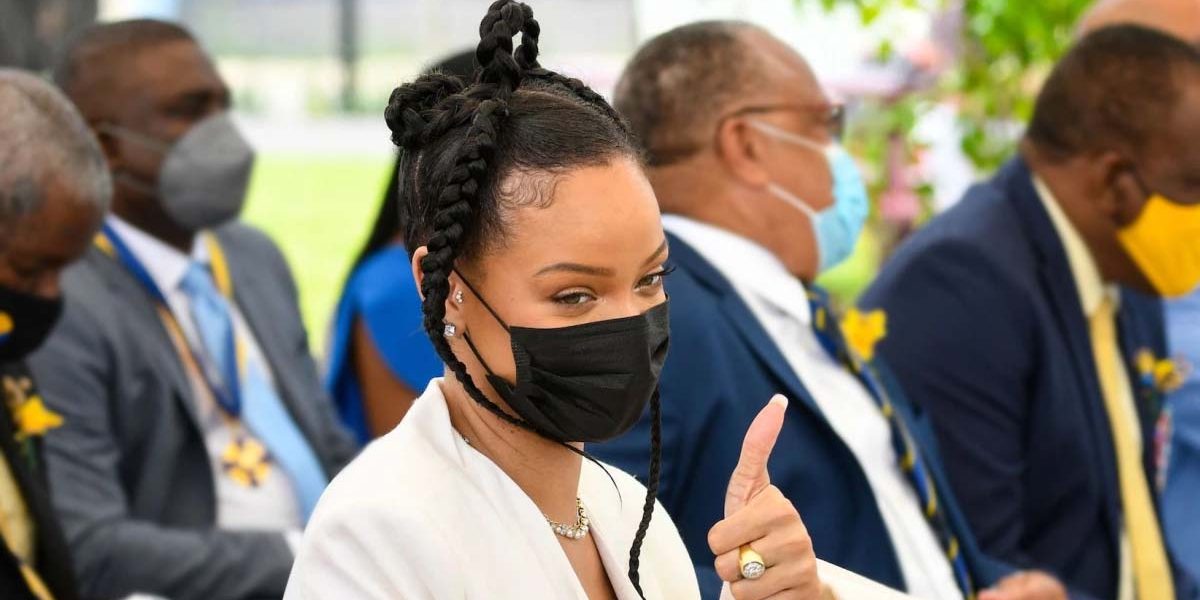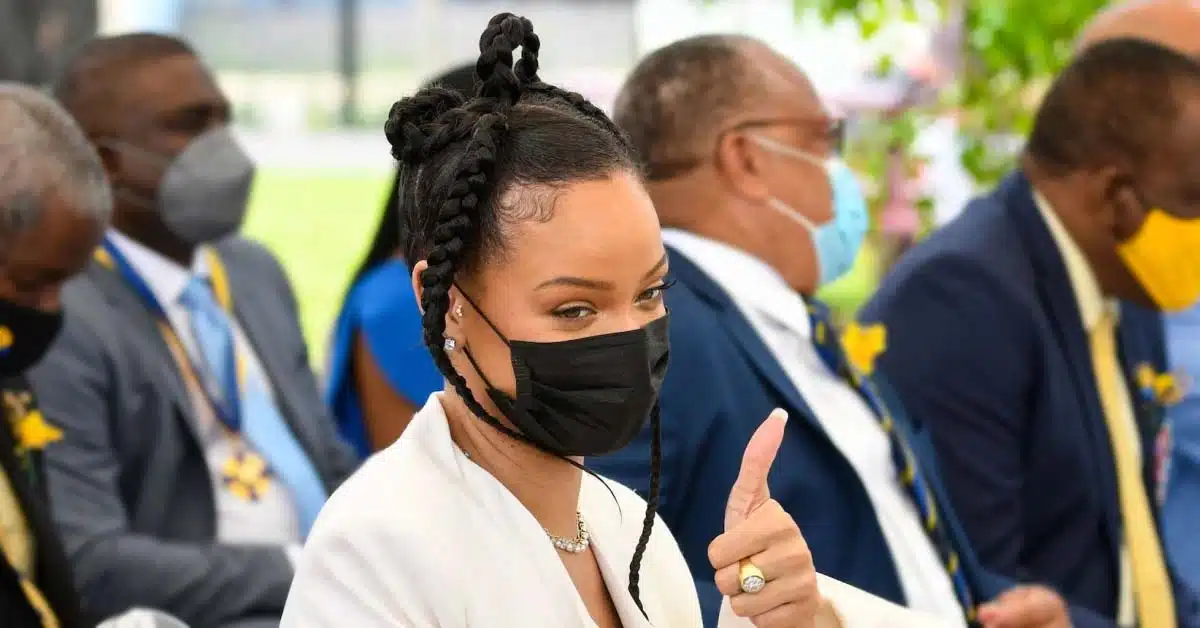Pop icon Rihanna recently donated $15 million in grants to assist coastal and less privileged communities adversely affected by climate change.
The singer’s Clara Lionel Foundation has divided its donation among 28 climate justice advocates in several countries in the Caribbean and the United States.
The grants result from a partnership between the Clara Lionel Foundation and Twitter founder and ex-CEO’s Jack Dorsey’s #StarSmall initiative.
Beneficiary organizations include the Black Feminist Fund, Climate Justice Alliance, The Caribbean Youth Environment Network, and the Movement for Black Lives.
An Appeal from an Islander
The impact of climate change on coastal communities is an issue that struck a chord in Rihanna, who was born in Barbados.
She declared that there is a great deal of inequality even in how climate change affects communities the world over. Island nations and communities of color, in particular, were more prone to experience the harsher effects of climate change.
Based on a study conducted by the Environmental Protection Agency (EPA) back in 2018, communities of color faced a higher health burden due to the environmental crisis, around 28% higher than Caucasian populations. Black Americans, in particular, shoulder around 54% of the total health burden in the United States.
This is primarily caused by how many black, indigenous, Latin, and Asian communities are usually housed in low-income zones within close proximity to industrial sites. Living in these areas exposes residents to high levels of toxic emissions and effluvium, causing a number of respiratory, skin-related, and digestive disorders and heightened risk for several chronic diseases.
Paying Tribute
Rihanna, whose real name is Robyn Fenty, established the Clara Lionel Foundation in honor of her grandparents Clara and Lionel Braithwaite. They lived through the tumultuous years of the Civil Rights Movement.
In the context of the 21st century, the struggle for equal opportunities for people of color has extended into building environmental resilience among communities of color. These initiatives also tackle racial justice in the United States and throughout the Caribbean.
According to the Foundation’s executive director Justine Lucas, funding organizations like theirs need to build a relationship with cause-oriented organizations as they work towards shared goals. They should also establish a greater understanding of possible solutions to the ongoing climate crisis and see how these may best work to the advantage of individual communities.







